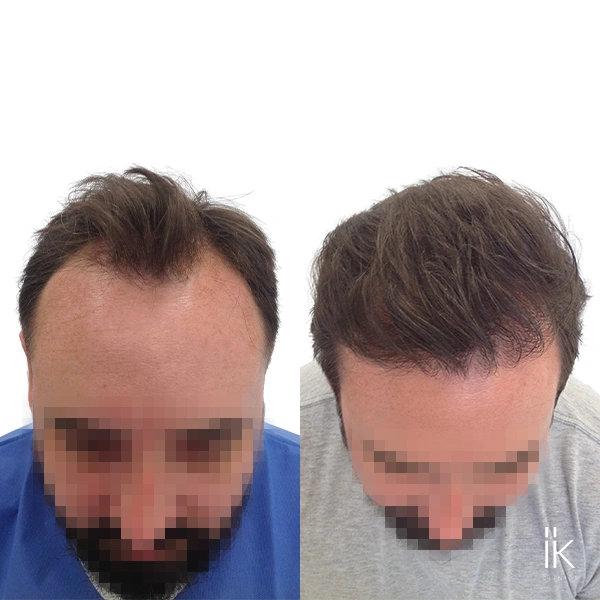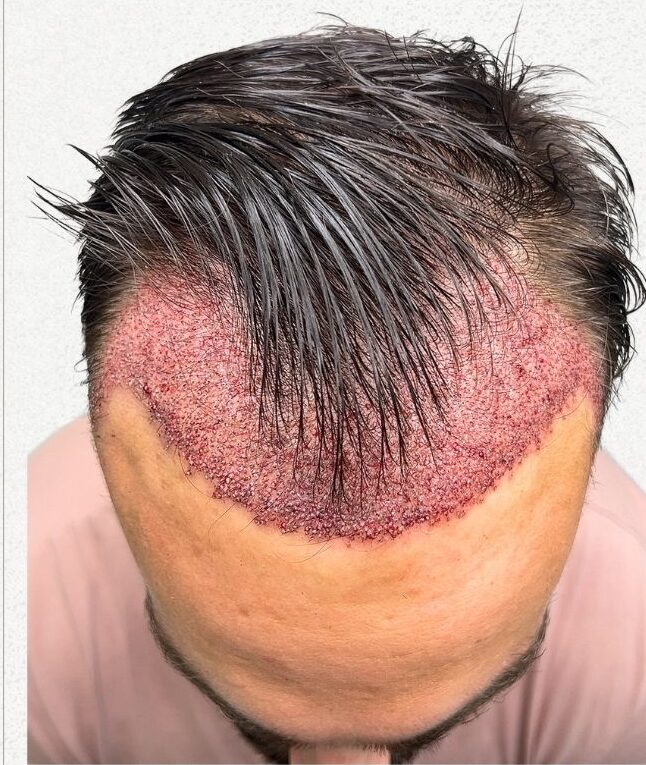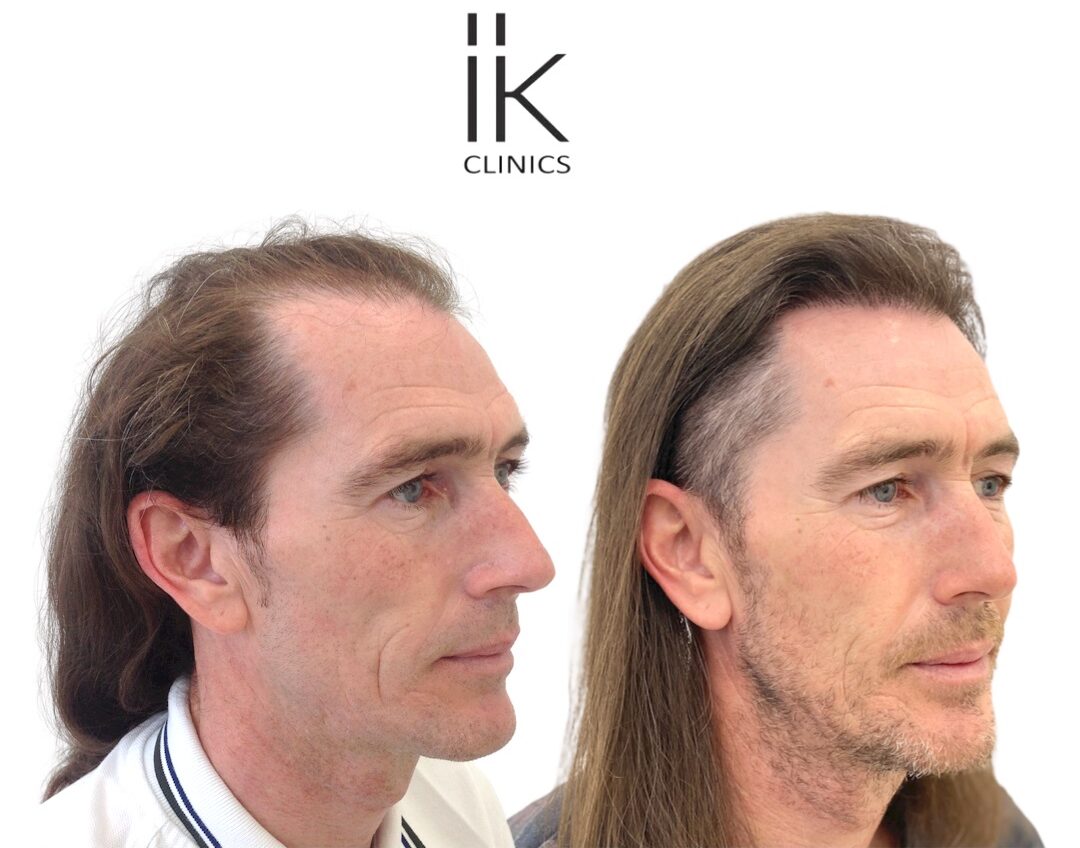However, one common question that arises is whether there is an ideal time of year to undergo the procedure. While hair transplants can be done successfully at any time, each season comes with its own set of advantages and challenges.
If you are considering a hair transplant, understanding how the time of year might affect your recovery and results can help you make an informed decision.
Spring: A Season of Renewal
Spring is often seen as a season of renewal, making it an appealing time to undergo a hair transplant.
The mild temperatures provide a comfortable healing environment, reducing the risk of excessive sweating or irritation. Unlike summer, when the sun can be harsh, spring offers gentler sunlight, which minimises the risk of UV damage to the sensitive scalp.
Additionally, undergoing a transplant in early spring gives the newly transplanted hair ample time to grow in before the busy social events of summer. However, for those who suffer from seasonal allergies, springtime might bring additional discomfort, which is something to consider when planning the procedure.
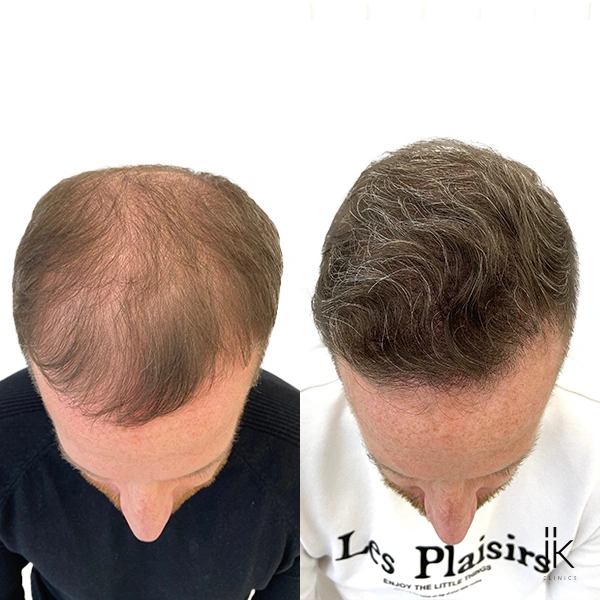
Summer: A Time for Social Events but Not Always Ideal
Summer, on the other hand, is a time when people want to look their best for vacations, weddings, and other social gatherings.
While it might be tempting to get a transplant in anticipation of these events, summer is not always the most practical time for the procedure. The high temperatures and humidity can lead to excessive sweating, which may increase the risk of infection.
Moreover, strong sun exposure can be harmful to a healing scalp, potentially causing irritation or slowing the recovery process. Another challenge is that many summer activities, such as swimming, sports, and outdoor adventures, should be avoided during the initial healing period.
If summer is the only time that works for your schedule, taking extra precautions, such as wearing a loose-fitting hat for protection and staying in shaded areas, can help mitigate some of these risks.
Autumn: The Ideal Time for Many
Autumn is often considered one of the best times of the year for a hair transplant. The weather is generally cooler and more comfortable, allowing for an easier recovery process.
With the summer holidays over, people tend to settle back into their routines, making it an ideal period to take the necessary downtime. By getting a hair transplant in autumn, you also give your hair several months to grow before the holiday season, when you may have family gatherings and social events.
Additionally, there is less risk of excessive sun exposure compared to summer, which makes post-procedure care more manageable.
One potential drawback is that some people experience seasonal hair shedding during the autumn months, which might cause temporary concern. However, this is a natural cycle and should not impact the success of the transplant.
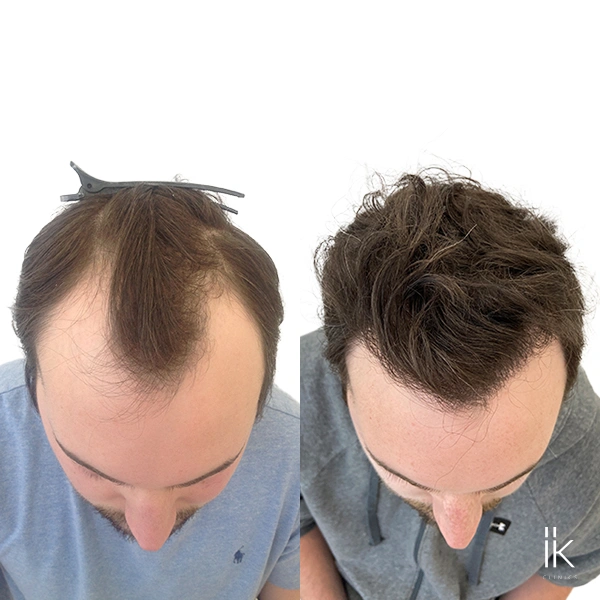
Winter: A Season for Rest and Recovery
Winter provides an excellent opportunity for those looking to undergo a hair transplant with minimal disruptions.
The colder weather means people naturally spend more time indoors, which helps reduce exposure to environmental factors that could impact healing. Since sweating is significantly reduced during the winter months, the risk of infection and irritation is lower.
Many individuals also find it easier to take time off work or social commitments in winter, which allows for a more relaxed recovery period. However, one consideration is that wearing hats for warmth can be tricky, as it is recommended to avoid putting pressure on the scalp in the initial weeks after the procedure.
Additionally, winter air can be quite dry, which may lead to scalp dryness and flaking, requiring extra care and hydration.
When is the Best Time for You?
Ultimately, there is no universally perfect time of year to get a hair transplant. The best time depends on individual circumstances, lifestyle, and personal preferences.
For those seeking a balance between comfort and convenience, autumn and winter are often the most favorable seasons due to cooler temperatures, reduced sun exposure, and fewer outdoor activities.
Regardless of when you choose to have the procedure, following proper aftercare guidelines and working with an experienced clinic, like IK Clinics, will ensure the best results.

Final Thoughts
If you are considering a hair transplant, planning ahead is key. Think about your upcoming schedule, any potential events, and how much time you can dedicate to recovery.
No matter which season you choose, the most important factor is selecting a reputable hair transplant specialist who can guide you through the process and help you achieve the best possible outcome.
About IK Clinics
At IK Clinics, we are proud to stay at the forefront of global hair restoration trends, offering a variety of advanced techniques to meet the diverse needs of our clients. From FUE, PRP to Stem Cell Therapy, we ensure that every client’s treatment is tailored to their personal goals, helping them regain not just their hair but also their confidence.
Interestingly, we don’t just stop at hair restoration treatments, our highly skilled team also offers a range of anti-aging treatments.
